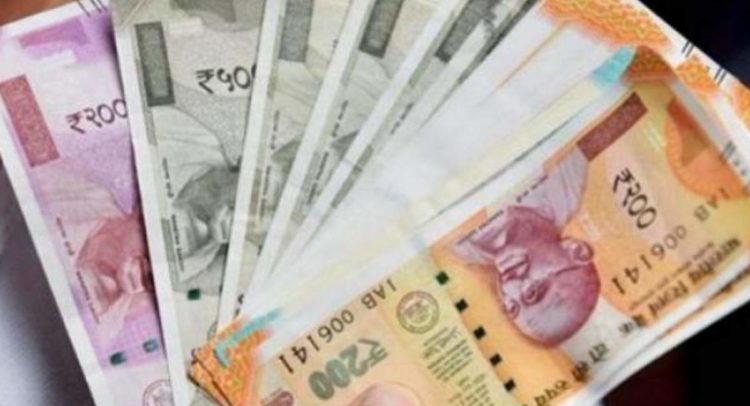Indian currency notes of Rs 2000, Rs 500 and Rs 200 are now banned in Nepal. The Nepal government has asked its citizens to avoid keeping or carrying Indian currencies higher than Rs 100 because these are no more allowed to be used for legal transaction in this country.
The decision was taken in a cabinet meeting on 10th of December. Nepal government has informed the public about the new decision of banning Indian currency notes above Rs 100,as stated by the Information and Broadcasting ministry of Nepal.
As per the economists and the tourism experts the ban is going to affect the tourism interest of both the nations. Statistics says in last 10 months there were as many as 2,60,124 Indian tourists visited the Himalayan nation and they prefer to carry Indian currency as it is extensively used by Nepalese people for their businesses transactions.
Moreover India is Nepal’s largest trade partner and supplies the majority of its consumer goods. For nearly two years People have been using new Indian currency notes in the Nepali market. The decision can affect both the Nepalese labourers working in India and Indian tourists visiting Nepal.
According to a local citizen, “Whenever Indian tourists visit Nepal, they intend to spend money here. Before taking such a decision, Nepal government should have mulled into the aspect which will result in affecting both tourism and economic growth of Nepal. This will only hinder the growth of Nepal as people from India will be reluctant to come to the country now.”
Nepal is home to nine out of the top 10 highest peaks in the world which relies heavily on tourism as one of its major sources for foreign currency.
Here the fact cannot be ignored that even before the demonetization exercise of November 2016 in India, people would often face difficulties while using higher denomination Indian currencies of Rs 500 and Rs 1,000 notes since they were not easily accepted. And as said by the sources Nepal was among the places from where wrong elements would try to bring in fake notes of Rs 500 and Rs 1,000 to India.

